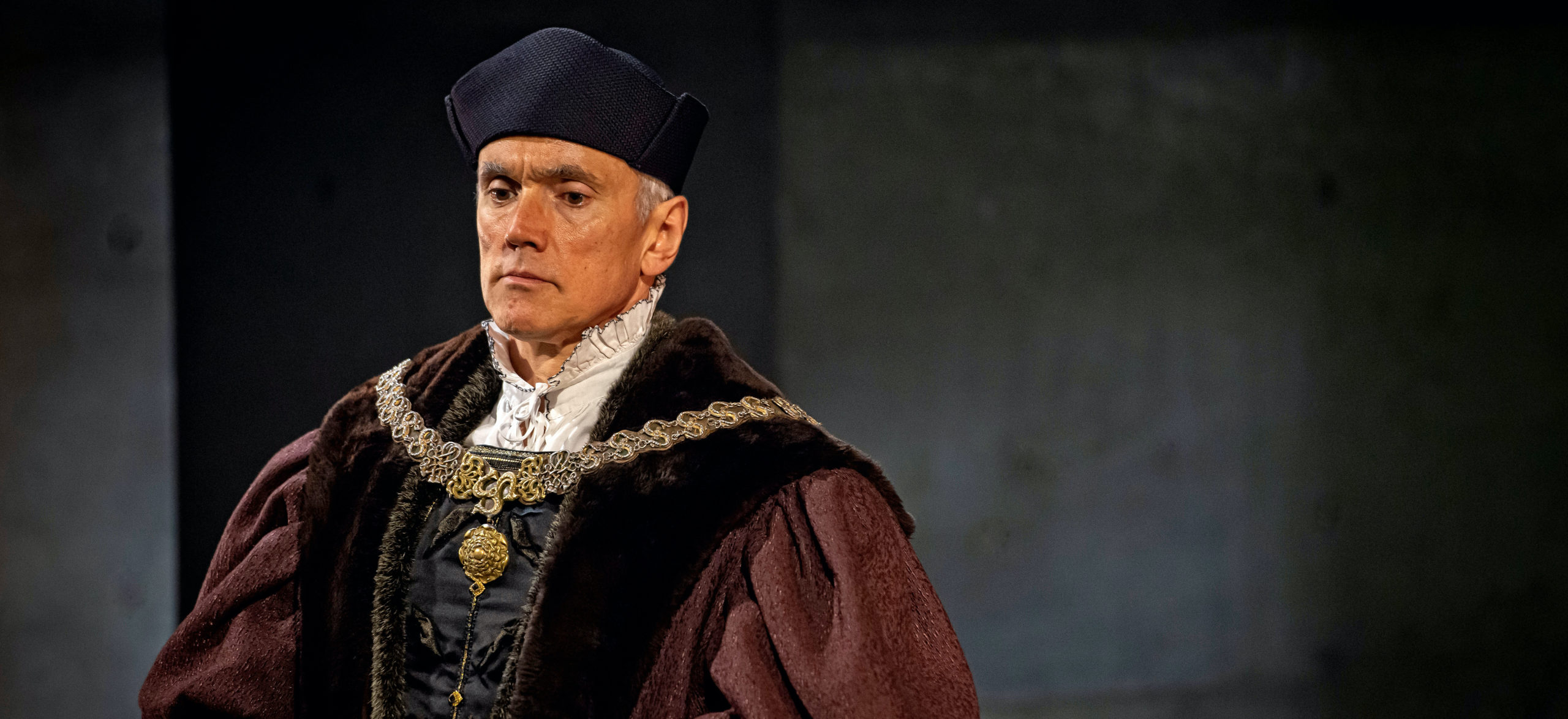Last week I saw Hilary Mantel’s ‘The Mirror and the Light’, performed by the Royal Shakespeare Company. It’s compelling, amusing and stunningly staged, but the most haunting moment is Cromwell’s meditation on ambition as he comes to the end of his life. Even Henry had already reflected longingly on what his own life would have been like as a quiet rural landowner, away from the crushing weight of the crown.
On Cromwell’s final days in the Tower, sentenced to beheading by the King he had served faithfully for decades, he is visited by the ghost of Cardinal Wolsey, himself no stranger to ambition. “As a boy I put a ladder against a wall and I have been climbing ever since”, Cromwell says, and in the pause the realisation sinks in that the top of a ladder is the most unstable place. “There is a flaw in the nature of ladders”, says Wolsey. “Or climbers”, Cromwell replies.
During the interval at the theatre, I had conversations with two people outside. Both of them were successful and ambitious, but also deeply disillusioned with the ladders they were climbing. “I feel like I’ve built myself a gilded cage”, one father said to me, with refreshingly rare honesty. It reminded me of Wolsey, who thought it was always the way — that some people will always wake up “with their blood pumping” and want to take over the world, even though deep down, they know it will not give them the fulfilment they yearn for.
But the pandemic, for all the pain and suffering it has brought, appears to have encouraged many to re-evaluate what is important to them in life. Economists in the US and the UK have identified the “great resignation”, an upsurge in people quitting their jobs. The Harvard Business Review identifies mid-career workers in their 30s and 40s as those most likely to be quitting their jobs. Except, that their analysis (“metrics such as compensation…promotions…, performance..and training” are the “root causes”) seems laughably blind to the deeper existential questions beneath what appears to be a mass, sped-up, mid-life crisis. If you realise your ladder is up against the wrong wall, you stop climbing.
More than a decade ago, Oliver James’s book ‘Affluenza‘ echoed centuries of religious teachings in an urgent treatise against blind ambition and over-consumption. Don’t get a massive mortgage, he urged. Align your career goals with your actual values, not the performance of status, and remember that committed human relationships are the best prescription for happiness. If the pandemic helps more of us actually take that medicine we will be all the better for it. Let’s hope we get there before we lose our heads.











Join the discussion
Join like minded readers that support our journalism by becoming a paid subscriber
To join the discussion in the comments, become a paid subscriber.
Join like minded readers that support our journalism, read unlimited articles and enjoy other subscriber-only benefits.
Subscribe